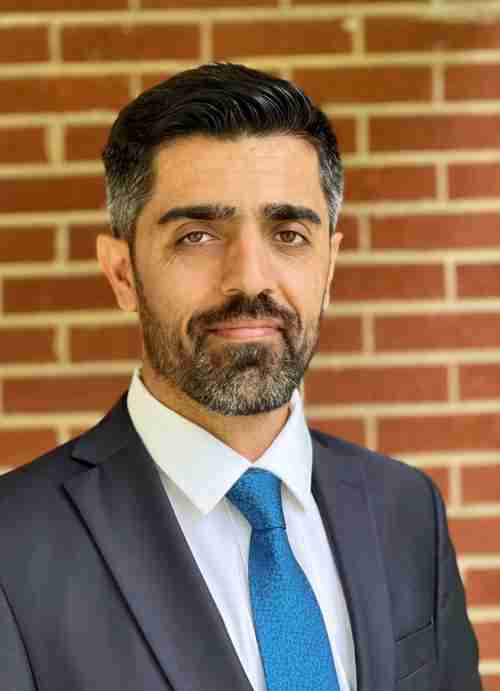Episode four of The New Region’s GeoSpace series with Giran Ozcan, executive director of the Washington-based Kurdish Peace Institute, explored the technicalities and nuances of the Kurdistan Workers’ Party’s (PKK) declaration of disarmament and their disbandment.
The PKK on Monday published the results of its recent seminal congress, announcing that the group has decided to dissolve and disband, ending an insurgency that spanned over four decades, shifting the focus of the Kurdish struggle in Turkey to a more diplomatic and political approach.
The “announcement is a recognition by the PKK that what it set out to do, what it originally organized around, the ideas that it originally organized around no longer need military assistance,” Ozcan noted, detailing that the PKK is now “moving on to the next phase of its organizational existence.”
Answering to a question by host Mohammed A. Salih on whether the PKK will disappear from the Turkish political scene completely, transform into a political movement, or let the pro-Kurdish People’s Equality and Democracy party (DEM Party) carry the torch of the struggle for the Kurds’ rights in Turkey, Ozcan said that “anyone that is even trying to answer that question now isn’t really doing much other than speculating.”
Ozcan pointed out however, that the “tight-lipped” nature of the process this time around has proven advantageous to the process, drawing parallels to previous peace efforts that were extensively reported on by the media with considerable leaking of information.
The Turkey affairs expert postulated however that the ball is now firmly in Anakara’s court. Ozcan asserted that for the shift to a dialogue-based political approach around the Kurdish issue to be successful, “there needs to be legal amendments that do not criminalize a lot of the politics that that have been conducted by Kurdish politicians… with the broad definition of terrorism that the Turkish judiciary can utilize in cracking down on Kurdish politicians.”
As for the timing of the developments, Ozcan hypothesized that the reason why Turkish President Recep Tayyip Erdogan is engaging in this issue after so many years in power, “is that he will need support to push through a constitutional amendment that will allow him to run in the next presidential elections,” as he cannot run for a second term under the current institution.”
During final stages of the episode, answering audience questions, Ozcan delved into the regional consequences of the milestone outside of Turkey, especially regarding the Kurdish position in the region.
Ozcan noted that Turkey in recent years has been seen globally as a “destabilizing force, because of its actions and operations and invasions of neighboring countries,” damaging its regional and global standing.
He added that the premise upon which Turkey conducted these operations has been targeting the PKK, hoping that with the PKK’s disbandment, Turkey would start “moderating its regional behavior.”
Regarding the influence of the disbandment on Turkey’s policies in relation to Syria’s Kurds, Ozcan noted that “to some degree it’s already changed… the fighting at the very least, which was not only conducted by Turkish-backed forces, but directly by Turkish air forces” has already seen change, adding that despite very harsh words towards Kurdish authorities in northeast Syria, “there is some degree of acceptance to that structure, and the Kurds there having some sort of say in the future of Syria.”

 Facebook
Facebook
 LinkedIn
LinkedIn
 Telegram
Telegram
 X
X
